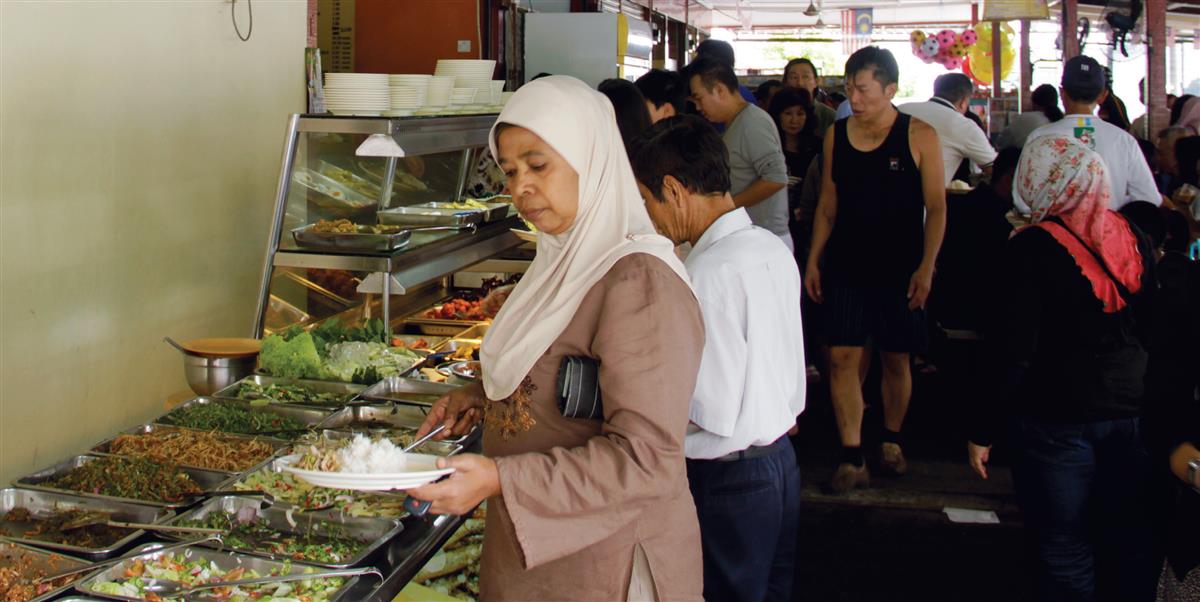What’s culture without cuisine? And what better cuisine than that which developed through the fusion of varied culinary tastes? The dynamic life of the Straits Settlements could not but generate exquisite foods for transcending barriers.
History, kinship and family
The Jawi Peranakan was the most visible hybrid Straits Muslim community in the Straits Settlements during the colonial era. In lifestyle and material culture, they complemented the historic community of the Straits Chinese—the early Peranakan community. The Jawi Peranakan community comprised families descended from Indian Muslim, Arab or other Muslim patrilineages where men married local Malay women and where children were brought up to speak the Malay language, and among the elite, to use English as their mother tongue.
As a result of these Indian or Arab marriages with Malay women, the second generation moved away from the original emphasis on patriarchy and patrilineal descent to a more diffused Peninsular Malay bilateral system of kinship relations, where kinsmen from the mother’s side may play an equally important and powerful role in family decisions and businesses. Some families attempted to retain the emphasis on patrilineage by dropping the names of the father as a surname, and taking instead, the name of the founding ancestor who pioneered the local family business in the Straits. For example, if the name of the pioneer was Ariff, Ariffin or Carrim, these would be retained as the “surnames” of the descendants. Some families used initials such as S.M. (Shaik Mydin) before their personal name, to denote the clan they belonged to.



